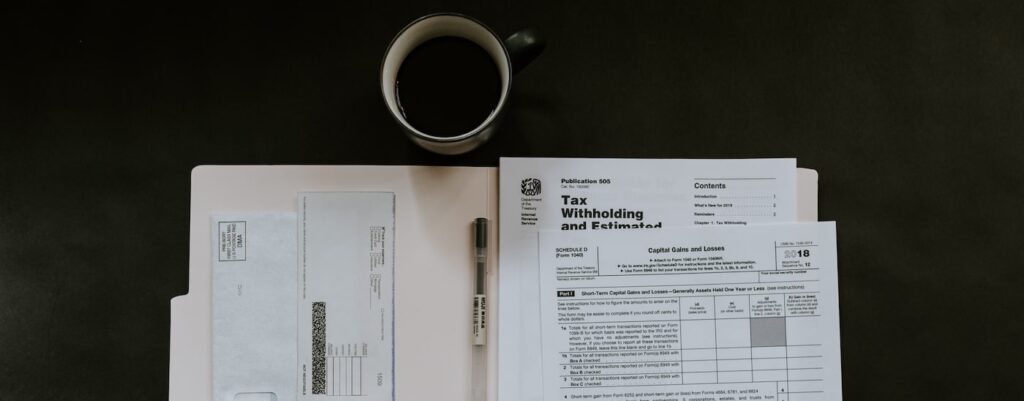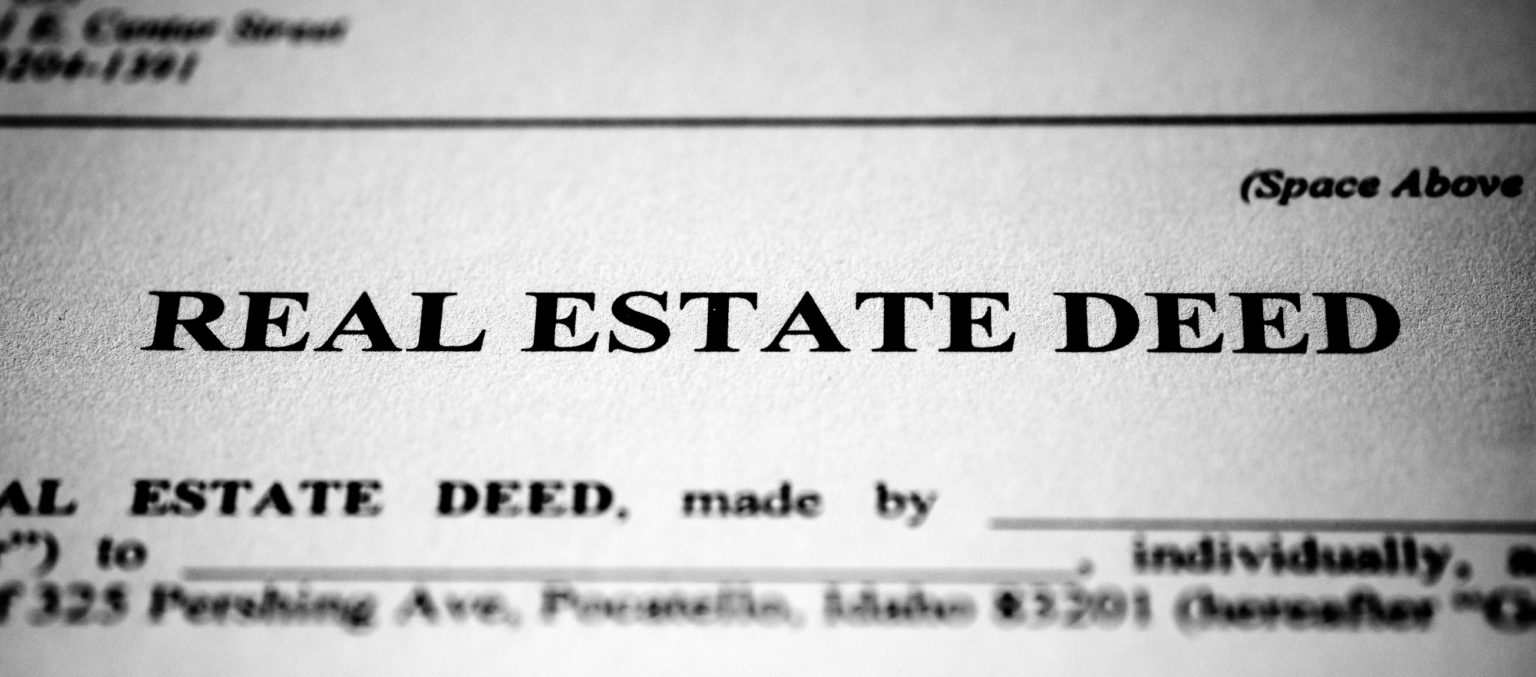Are you thinking about buying your first rental property? You’re not alone. According to the Internal Revenue Service, 10.6 million American tax filers declared rental income, indicating that the number of potential landlords in the rental market has grown substantially in recent years.
If you’re on the fence because you haven’t purchased property before, don’t worry! TurboTenant’s original study found that 81% of landlords surveyed didn’t have real estate experience before launching their property management business. That’s why we create free resources like this article to help you understand what you’re getting into and how much it will cost you to kick things off.
To help minimize your chances of buying a property that ends up being a money pit, we’ve put together this guide with everything you need to know on how to buy your first rental property in 2023. But let’s start with an even more important question…
Is Real Estate Investing Right for You?
There are plenty of benefits to rental property investing! Most people become landlords because well-maintained real estate is a good investment:
Each month, rental income can boost your cash flow.
If you maintain the upkeep and the market stays healthy, it’s unlikely your investment will suffer depreciation, which could earn you quite a profit if you sell it after you’ve built up equity.
Your investment strategy might lead you to more homebuying, or you may have the option to diversify your portfolio with more passive income streams.
However, there are also drawbacks of real estate investing to consider:
If you’re not careful with your finances, it can be easy to get over your head.
Becoming a landlord requires you to get organized, learn how to communicate with people across generations, and become familiar with your local landlord-tenant laws.
Overseeing rental properties can be more time-consuming than other investments; you’ll have to manage tenants, keep property vacancy rates low, and maintain landlord insurance to protect your investment. Consider getting a home warranty to cover your major systems and appliances.
If you’re interested in becoming a real estate investor, starting small and working your way up is essential. Most first-time landlords start with a single-family home when buying rental property, but there are a plethora of options to consider. The three most common types of rental properties are single-family homes, duplexes, and multifamily buildings (such as an apartment building).
You might not want to buy a duplex or multifamily building immediately; instead, consider buying a single-unit home that can help you get your feet wet. As you become more comfortable with owning rental properties, you can think about expanding your portfolio if it suits your needs!

Buying Your First Rental Property
If you’re ready to take the plunge, Îet’s explore how to buy your first rental property.
1) Learn About Rental Property Returns and ROI
Return on investment (ROI) is a critical metric for new investors to understand. It refers to the profit you earn based on how much you’ve invested. ROI is measured in time or money, and it’s crucial because it can tell you whether or not a property or investment opportunity will pay off over time.
TurboTenant’s rental property calculator can help you break down your deal and understand your bottom line.
Pro Tip:
For example, let’s say you invest $100,000 in a property. If that investment produces a 10% annual return, then that means that your initial $100,000 investment will grow by $10,000 per year — which would be great! However, if that same property only returns 5%, it could take more than 20 years before that original $100k earns itself back.
Most homeowners want positive ROIs, meaning they want to earn more money from their rental properties than they spend on them each month. If you cannot get a positive ROI, you need to rethink your strategy and make changes.
For example, if you have a property earning $1,000/month but it’s expenses cost $900/month, then that’s not going to cut it — even if it takes 20 years for the investment to pay itself off!
Given all this talk about ROI, you may be tempted to go all-in on a cheap property with visions of flipping it. Unless you have extensive renovation experience, we don’t recommend first-time real estate investors buy fixer-uppers (unless perhaps someone else will pay half price). These homes require extensive renovations before you can rent them out successfully. If something seems suspiciously cheap, then chances are probably pretty high that the house is a complete disaster.
2) Research Your Legal Obligations
As a wise man once said, with great power comes great responsibility – and owning a rental property is a great responsibility. Beyond getting your financial ducks in a row, you’ll need to get comfortable with your local landlord-tenant laws to protect your investment and your reputation. Also, be sure to brush up on your fair housing laws.
Want to learn more about the Fair Housing Act to avoid catching a discrimination charge? Enroll in the Fair Housing for Landlords course today!
Each state (and several cities) have their own unique rules around being a landlord, so don’t be afraid to contact a local real estate attorney or professor if you have questions. It’s better to admit that you need clarity before purchasing your property than to scramble if something tough, like a wrongful eviction, happens down the line.
3) Get Pre-approved for a Mortgage
Getting pre-approved for a mortgage means that you have been approved by your lender and can shop for properties confidently, knowing exactly how much money you can borrow. This step is essential because it shows sellers that you are serious about buying their home and helps avoid delays between offers being made and the seller’s decision.
For example, if one person makes an offer on a house while another has not yet received a pre-approval from their lender, they may have to wait several days or weeks until their application is approved. During this time, another buyer could swoop in with an offer! Having everything in place before submitting an offer could make all the difference between closing on time and missing out on getting into your perfect rental property.
Note: Your pre-approval will likely have an expiry date, so treat this step like the beginning of a countdown clock. That said, there are no penalties for letting a pre-approval lapse; it’s better to wait for a good first-time investment property than rush into something because you fell in love with the purchase price.
The Difference Between Residential and Rental Mortgages
Financing the purchase of rental property is a bit harder than financing the purchase of your primary residence. After all, most borrowers will default on their rental property loan if forced to choose between that or their home. As such, lenders will consider many of the same factors for both types of financing but have more rigorous qualifications set for rental property financing. At a minimum, your lender will want to know:
Your income
Your credit score
Your debt-to-income ratio
Your payment history
How many lines of credit you possess
The age of your accounts
Your employment history
To secure the best interest rate, it’s recommended that no more than 40% of your monthly income go toward housing expenses; anything higher increases the risk of you missing a mortgage payment. You’ll also want to boost your credit score as high as possible, reduce the amount of high-interest debt you’re carrying, and have tax filings from the last two years available.

4) Find Your Rental Property
To find a rental property that meets your goals, we recommend working with a real estate agent specializing in rentals, searching MLS sites and Craigslist, or even driving around looking for “for rent” signs on lawns.
Once you have some properties that look promising, vet them further. Ask yourself questions like:
Is there demand to live in this neighborhood?
Is the neighborhood walkable?
Are there grocery stores nearby?
What school district is around here?
Have I researched the rental history of each property?
What are the surrounding property values?
What is the average monthly rent for similar properties in the area?
Will this property be subject to HOA fees?
Also, ensure that there aren’t too many empty houses on the street — it’s not ideal for potential renters to see many vacancies nearby!
From there, try to tour your top property picks at least three times: once during the day, once at night, and once on the weekend. Get a feel for the neighborhood and its amenities, then hone in on the property that best fits your needs. If you’re not working with a real estate professional, now is a good time to conduct property inspections if possible.
5) Double-Check All Expenses
You need to know what you can expect in terms of operating expenses before you buy a rental property to determine if the property is worth buying. Before inking your mortgage or submitting an offer on a house, calculate your:
-
Down payment
-
Monthly mortgage payments
-
Property taxes (though it’s possible to appeal your property tax bill and pay less)
-
Monthly insurance policy premium
-
Utilities (electricity, gas, water, etc. unless they’re be covered by the tenant)
-
Property management costs (if you don’t want to become a DIY landlord)
-
HOA and FHA fees as applicable
Once you’ve established an accurate estimate for your monthly income and expenses, take that number and subtract it from your total estimated monthly payment. This will give you a rough idea of how much money is left over every month after paying off the mortgage or loan on your rental property.
Tracking your expenses and expected return from the get-go will help you navigate rental property management more confidently, so take the time to make sure you know what to expect from this first deal.
If your mortgage payment hinges on a single payment from your tenant, you’ll add unnecessary stress to your property management business - so we recommend having two to three months worth of mortgage payments saved up, just in case.
Pro Tip:
6) Purchase Your First Rental Property
You’ve crunched the numbers and done your due diligence. You’ve evaluated enough properties, neighborhoods, and ROIs to feel confident about your offer. Congratulations – it’s time to purchase your first rental property!
Regardless of how you found your rental property, you’ll need to complete the closing process. If you aren’t working with a real estate agent or REALTOR®, you may want to consider hiring a real estate attorney to go over the closing paperwork. Otherwise, simply get your signing hand ready.
Now that you’re a property owner, you have a couple of options to consider:
Will you pay a property manager to handle the day-to-day work of running your rental?
Or will you step into your own as a DIY landlord, keeping 10% more of your revenue?
If you’re pursuing the latter path, our article has everything you need to become a great landlord in just seven steps.







